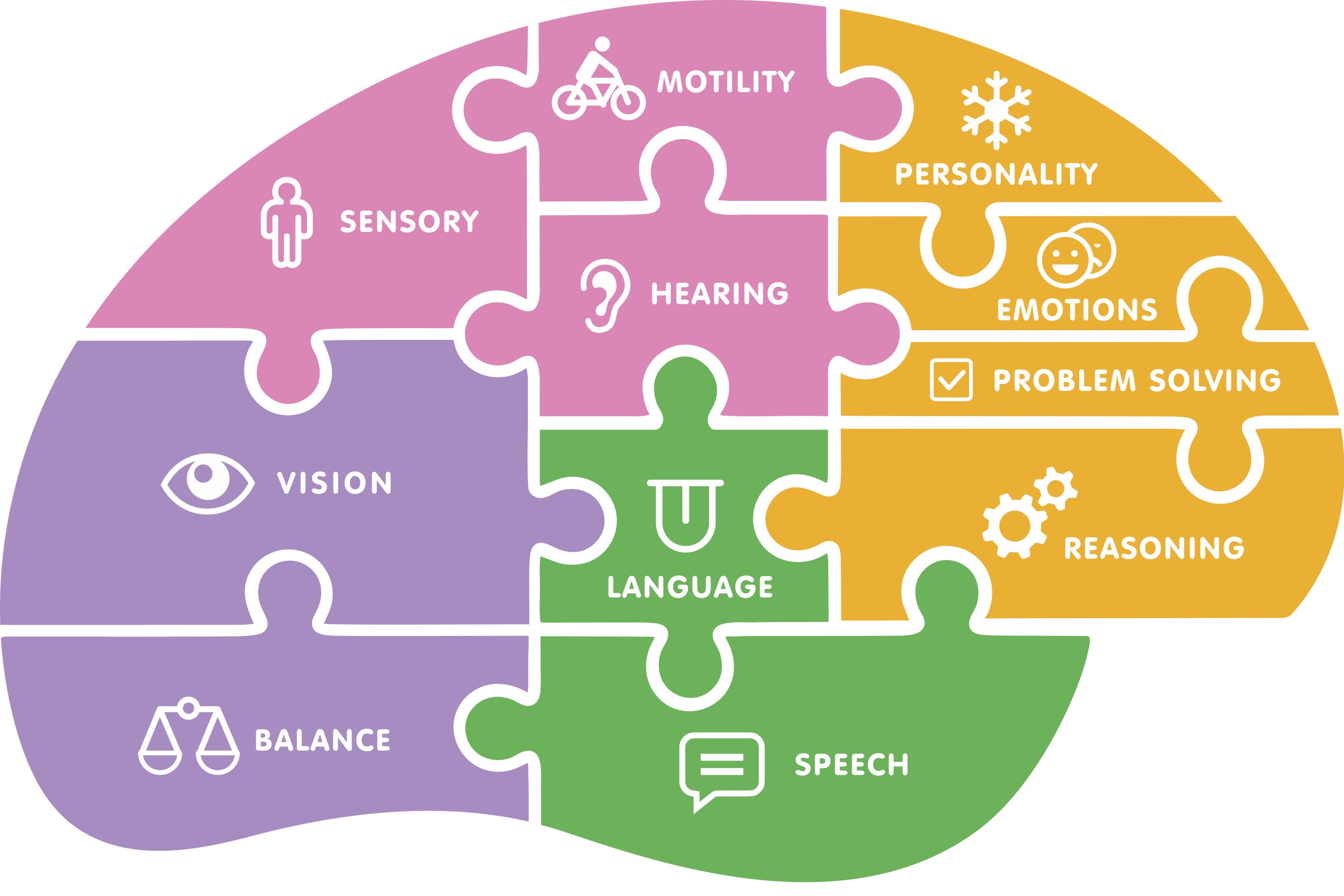What is Schizophrenia?
Schizophrenia is a psychiatric disorder that is more common than most think. It is characterized by psychotic or positive symptoms that may include delusions, hallucinations, disorganized speech, and cognitive impairment. Typically, this disorder is diagnosed in late adolescence. However, little is known regarding the biological etiology of it. An article by Singh describes the possible underlying genetic risk factors, specifically within the Wnt and glycogen synthase kinase 3 (GSK3) pathway. The issue that they present is overactive GSK3, which ultimately leads to less β-Catenin.
Many factors may contribute to hyperactive GSK3 such as inhibitory phosphorylation of AKT due to increased dopamine receptor activation or increased activation of metabotropic glutamate receptors. Moreover, there are specific genes that have been associated with Schizophrenia like DISC1, which has been found to be deleted in this disorder. This was the first risk gene studied followed by Akt and copy number variations.
All of this goes to show the complexity of Schizophrenia, which raises the question of how we might be able to better treat these individuals. However, treatment must start with assessment, which is more difficult with people who may not know the symptoms or severity of the disorder that they are dealing with. One type of assessment that professionals might begin with includes measures for cognitive function and insight.
Measures of cognitive ability
Studies displayed in an article by Haddad et al. have shown that many patients with Schizophrenia that display severe cognitive impairments do not report those deficits nor have awareness of their cognitive function. Therefore, a number of clinicians utilize neuropsychological assessments instead of self-report measures in these cases. Overall cognitive function typically assesses at least five different categories of abilities which are shown in figure 1. Some others specify what they are looking for such as overall symptoms or insight.
Figure 1. Level of importance in cognitive ability categories [1]

While each assessment for cognitive ability covers similar subscales, each one is specialized for specific questions and situations, which are categorized in figure 2. Shown below are some examples of this.
Assessments primarily for cognition
The brief assessment of cognition in schizophrenia (BACS): 30 minute, pen and paper, neuropsychological battery used to assess cognitive abilities in schizophrenia. This battery contains 6 subscales: verbal memory, digit sequencing (working memory), token motor task (psychomotor function), semantic fluency (verbal fluency), symbol coding (attention and processing), and Tower of London (executive function). Originally, it was developed for clinical trials with key features of portability, repeatability, and multiple forms [2].
The Self-assessment scale of cognitive complaints (SASCCS): Self-report instrument that investigates how patients perceive their cognitive impairment through 21-items on memory, attention, executive functions, language, and praxia. This instrument utilizes a 5-point likert type scale to evaluate symptoms (0=never, 4=very often) [3].
Figure 2. Subcategories of cognitive and diagnostic assessments [4]

Assessments for other specified questions
The Positive and Negative Syndrome Scale (PANSS): 30-item questionnaire to evaluate clinical symptoms based on 3 subscales, positive and negative symptoms and overall psychopathology [5].
Insight Scale for Psychosis (IS): self-report survey that measures the patient’s insight levels with 8 questions divided into 3 subscales: awareness of illness, re-labeling of symptoms, need for treatment. The higher the score, the greater insight the patient has. Individuals with Schizophrenia may be able to estimate cognitive impairment independent of their level of insight [5].
Conclusion
With the changing and advancing scientific background behind psychiatric disorders such as Schizophrenia, it is important to continue to change evaluations and treatments to match our knowledge. One way to do this in schizophrenia specifically is through cognitive assessment. This is vital in this disorder because having an understanding of the patients cognitive impairment as well as their insight into their symptoms will help professionals find a treatment that works best for them.
References
[1] Gebreegziabhere, Y., Habatmu, K., Mihretu, A., Cella, M., & Alem, A. (2022). Cognitive impairment in people with schizophrenia: An umbrella review. European Archives of Psychiatry and Clinical Neuroscience, 272(7), 1139–1155. https://doi.org/10.1007/s00406-022-01416-6
[2] Keefe, R. S. E., Goldberg, T. E., Harvey, P. D., Gold, J. M., Poe, M. P., & Coughenour, L. (2004). The Brief Assessment of Cognition in Schizophrenia: Reliability, sensitivity, and comparison with a standard neurocognitive battery. Schizophrenia Research, 68(2), 283–297. https://doi.org/10.1016/j.schres.2003.09.011
[3] Haddad, C., Sacre, H., Abboche, E., Salameh, P., & Calvet, B. (2023). The self-assessment scale of cognitive complaints in Schizophrenia: Validation of the Arabic version among a sample of lebanese patients. BMC Psychiatry, 23(1), 415. https://doi.org/10.1186/s12888-023-04925-3
[4] Sandy. (2013, May 15). Cognition in schizophrenia and bipolar disorder. NeuRA Library. https://library.neura.edu.au/schizophrenia/signs-and-symptoms/cognition/schizophrenia-vs-bipolar/
[5] Birchwood, M., Smith, J., Drury, V., Healy, J., Macmillan, F., & Slade, M. (1994). A self-report Insight Scale for psychosis: Reliability, validity and sensitivity to change. Acta Psychiatrica Scandinavica, 89(1), 62–67. https://doi.org/10.1111/j.1600-0447.1994.tb01487.x
